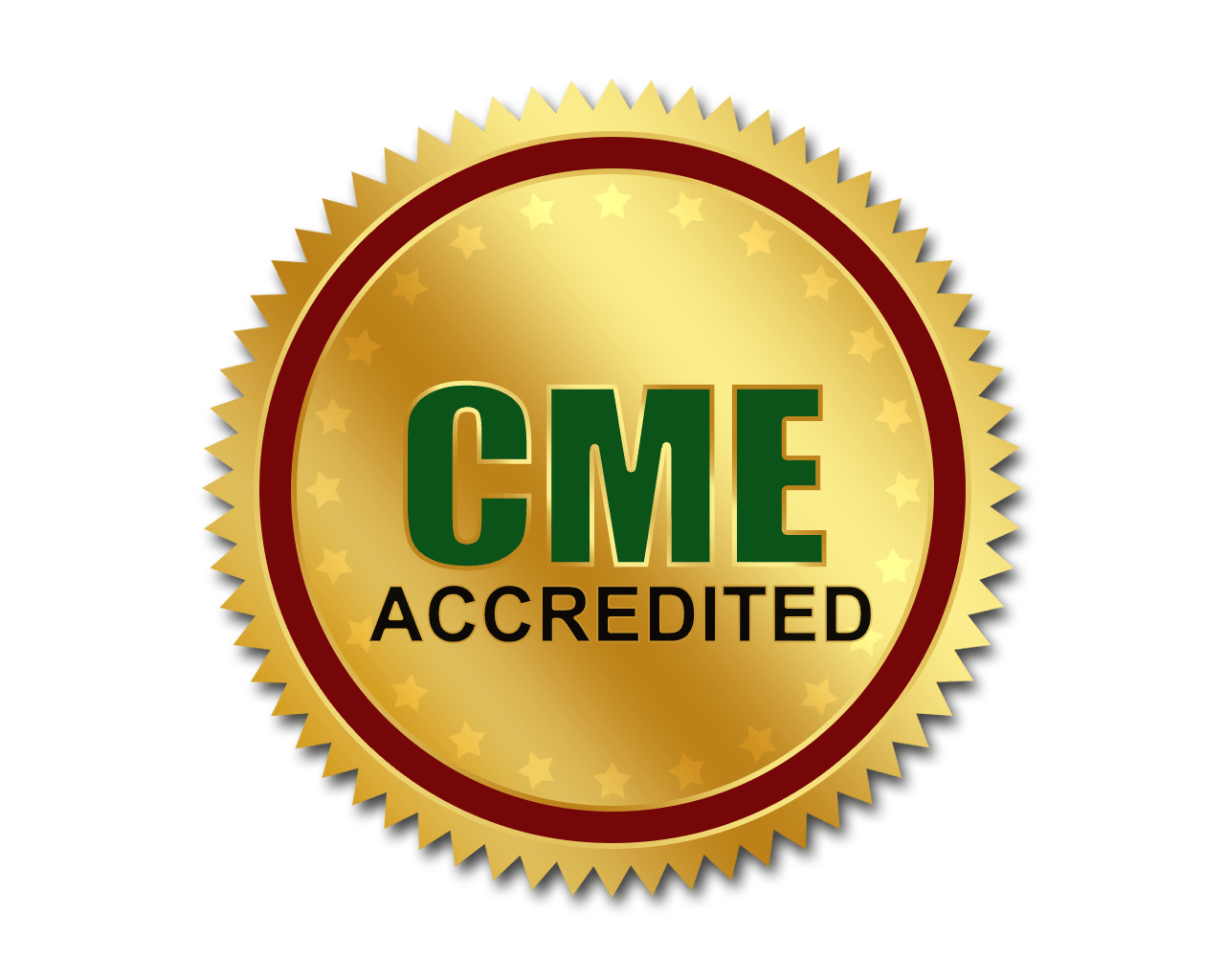
Bing Zhu
The first Affiliated Hospital of Bengbu Medical College, China
Title: Activated hepatic stellate cells promote angiogenesis via interleukin-8 in hepatocellular carcinoma
Biography
Biography: Bing Zhu
Abstract
Background: Chemokines have been recognized as important modulators of angiogenesis, and they play critical roles in the development and metastasis of hepatocellular carcinoma (HCC), although their origins and latent molecular mechanisms remain elusive. The aim of this study was to investigate how activated hepatic stellate cells (a-HSCs) promote angiogenesis in HCC.
Methods: A total of 22 HCC patients were enrolled randomly. We used immunohistochemistry, western blotting, and enzyme-linked immunosorbent assay (ELISA) to analyse the production of interleukin-8 (IL-8) in a-HSCs derived from HCC tissues. The angiogenic effects of IL-8 in vitro and in vivo were assessed by ELISA, real-time quantitative polymerase chain reaction, capillary tube formation assay, and chick embryo chorioallantoic membrane assay.
Results: The present study showed that IL-8 was enriched predominantly in the tumour stroma of HCC tissues and was mainly derived from a-HSCs, rather than from hepatoma cells, in vivo and in vitro. Angiogenesis was most active at the invading edge, which was close to the a-HSCs. The angiogenic effect was dramatically attenuated by an IL-8 neutralizing antibody both in vitro and in vivo. Moreover, the IL-8 neutralizing antibody down-regulated Ser727-phosphorylated STAT3 levels in hepatoma cells treated with a-HSCs conditioned medium.
Conclusions: These findings reveal that a-HSCs within the stroma of HCC contribute to tumour angiogenesis via IL-8.

